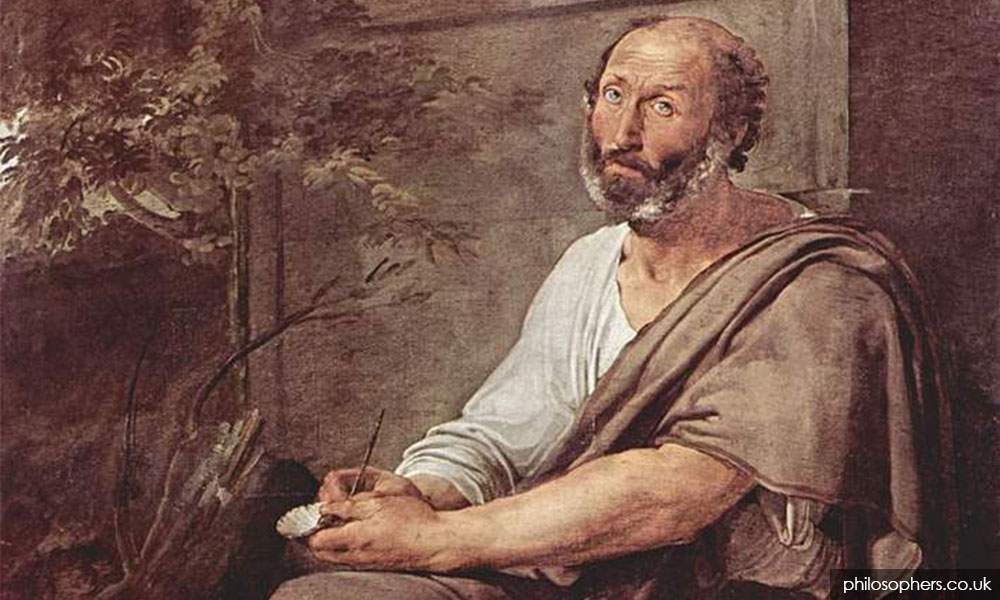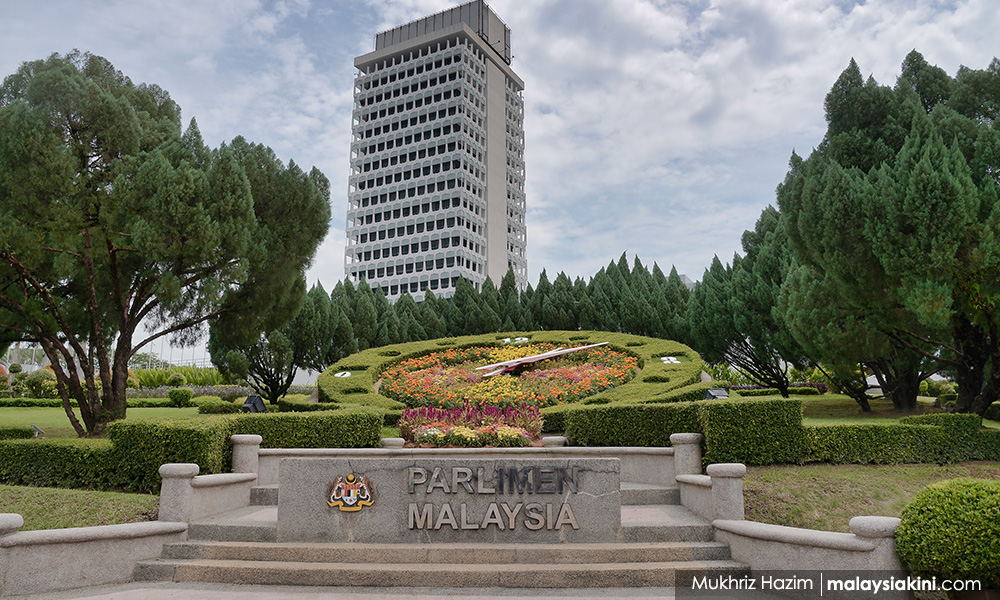Regime change means the replacement of one government regime with another. Modern use of this term dates to at least 1925. Change takes place in some or most parts of the government’s critical systems, administrative apparatus or bureaucracy.
It can be the deliberate product of outside forces, as in warfare. Regime change can also occur internally, by revolution, coup d’état or reconstruction following the failure of a state. When we speak of a regime, we are speaking of a perspective of social theory.
From a social theory perspective, defining a regime draws upon philosophy and social science. One framework, the structuralist perspective, explains the fundamental power structure of society. It looks at long-term historical developments of society. It means looking at society in a holistic manner.
Do we in Malaysia, do this?
Regime thinking originated from ancient Greece. The Greeks called it politeia. It is the central concept of Plato’s Republic, Aristotle’s Politics and features prominently in Thucydides’ historical writings.
For the ancient Greeks, regime was a social, cultural and economic category, just as it was a political category. Looking holistically in this manner allows the members of that society to see a complete picture of their life, their useful role, and solidarity in that society.
So, politeia, according to Aristotle, is an arrangement of society’s parts. The most powerful part differs in different societies. In Malaysia, it is obviously ethnicity and wealth, and all means to project both.

In Malaysia, we have difficulty in thinking in the “big picture” or holistically. This is due to the carving up of society into a number of artificial abstract divisions — political, social, political and economic. These divisions are kept separate by a leadership that has a unique understanding of “service for the people”.
Today, we study economics, but our knowledge rarely interacts with studies on literature and music appreciation, for example. Others will study art history. But how often will they discover how art history interacts with the economy? Or can it be that this, too, influences politics?
This analytical linking of knowledge is becoming a rare phenomenon in Malaysia because our schools and universities have myopic goals. They have failed in their basic functions. Our society has lost the ability to think holistically and critically. We have lost the ability to see that it is important to do so.
Regime change is alien to Malaysia
To understand the fundamental character and power structure of society, look at the following variables. First, is religion separate from politics? Are race and ethnicity separate from politics? Is business separate from politics? Or is corruption the primary means to achieve and remain in power? This allows us to examine the holistic character of society, the macro and micro levels of society.
Ever since the 14th general election, Malaysians (the media, politicians, academicians and civil society groups) use the term “regime” falsely. In 2018, Malaysians did not witness any regime change.
Many were excited about a “new” Malaysia. In 2018, all we saw was a mere change of administration with another human face to represent it. In 2020, the same thing happened. We merely had a different leader and a different coalition of political parties.
The “regime” did not change because the holistic character of leadership did not change. Events leading up to the Sheraton Move are proof. Corruption, patronage and cronyism were the backbones of the move, as it is today.
Similar dynamics existed decades before 2018. In 2021, we have a system that continues to be beholden to personal favours, underhanded political deals, selfish personal ambitions and dishonesty based on a system that worships wealth.

If we want real change, let us understand the concepts we use and ask the right questions. Let us be informed of what we are struggling for. It is useless to pay lip service to lofty concepts and ideas. We should stop referring to “regime” when we address our political crisis — unless we are informed about the kind of change we want.
Once we understand this, ask the correct questions. Will Parliament merely agree to replace one prime minister with another? To substitute one political party with another? Or do we want an overhaul in attitude, ethics and goals? Do we want to purge our system of corruption? Do we want sexism to be a thing of the past? Do we want to address ethnocentric arrogance transparently and vocally?
We need a system helmed by confident leaders who will revisit the past and highlight fundamental policies that were clearly abused or were a mistake. If it means relooking at the fundamentals of our Federal Constitution, so be it.
These leaders should not be embarrassed to admit mistakes or step down voluntarily. If this happens, then we can declare that Malaysia, finally, has a “regime change”. - Mkini
SHARIFAH MUNIRAH ALATAS is an academician with zero tolerance for corrupt, arrogant and frivolous leadership.
The views expressed here are those of the author/contributor and do not necessarily represent the views of MMKtT.



No comments:
Post a Comment
Note: Only a member of this blog may post a comment.